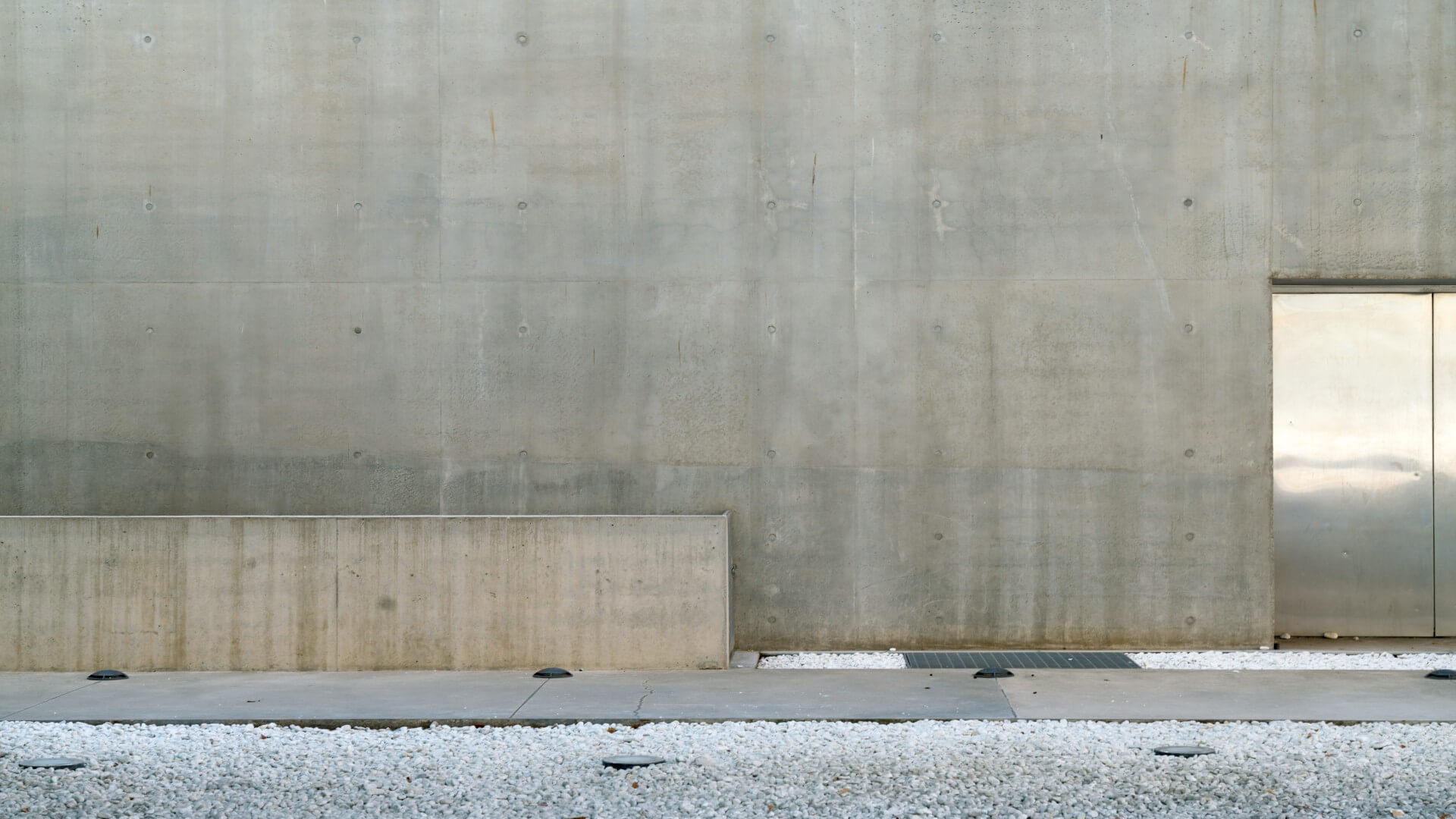
You may not have noticed it before, but concrete is the most used material in the world. Look at your surroundings, and you are sure to spot countless structures and buildings that have been crafted using the durable and reliable material. Even the sidewalks we travel on have been paved with concrete, meaning concrete is not only used to build the homes we rest in, but also the paths we use to get there.
The history of concrete is fascinating, as it stretches back long into the annals of mankind. While the method and ingredients used to create concrete have changed, we still rely on the material for the same functions to support our infrastructure and lifestyle. To shine a light on this invaluable invention, we have created a list of fun facts about concrete to showcase its importance in our lives.
If you’re searching for a demolition business that specialises in concrete removal and recycling, look no further than Gumdale Demolition. Get a free quote online or give us a call on (07) 3809 4108 to chat to a member of our team.
5 Interesting Facts About Concrete
Ancient Romans Were the First to Use Concrete
While similar materials were found in the palaces and cities of Ancient Egyptians and Greeks, the Romans were the first to use a compound that resembles concrete as it is today. The Romans used it to craft roads and temples, including the Pantheon, which is the world’s biggest dome built using concrete. While the history of concrete begins with the Romans, many cultures and creators innovated on the concept in the following centuries.
Concrete is Resistant to Both Fire and Water
Concrete is used not only for its building capabilities, but also for its fire- and water-resistant qualities. Concrete does not burn and cannot be lit on fire, making it a solid barrier to protect the rest of the structure in the event of a fire. When crafted in a particular way, concrete can be made near watertight, making it a great choice for underground structures that are vulnerable to flooding, such as carparks and basements.
Concrete Was Used to Detect Enemy Aircraft During World War II
The history of concrete weaves its way into World War II, as it was used by the British Army to detect enemy aircraft. Due to concrete’s ability to pick up sound waves, the British used these massive concrete slabs as “listening ears” to keep track of oncoming aircraft. A network of these concrete sound reflectors was constructed along the coast of England during the war and are still standing today.
Concrete Gets Stronger Over Time
One of the most interesting facts about concrete is that it gets stronger the longer it is allowed to set. It reaches around 90% of its overall strength after around four weeks but continues to strengthen throughout the decades. This is due to its conversion of calcium hydroxide to calcium carbonite and its absorption of carbon dioxide over time. This also plays a part in concrete’s impressive compression strength, meaning a massive level of force is needed to shatter it.
Recycling Concrete is Good for the Environment and Your Wallet
While the history of concrete shows that structures built using the material can stand forever, sometimes these buildings need to be torn down. After demolition takes place, there is typically an excess of concrete left on the site. Employing the services of a professional concrete recycling service, such as the one here at Gumdale Demolition, allows one to reduce their impact on the environment while saving on landfill dumping fees.
Searching for an Environmentally Friendly Demolition Service?
At Gumdale Demolition, we are fully licensed and qualified to handle a range of demolition projects on commercial, residential, and industrial properties. These demolition projects typically result in a lot of excess building materials being on-site, which is why we also offer a concrete disposal service to take this waste off your hands.
We ensure this concrete is safely recycled to create a sustainable service while lessening the burden on your finances. If you’re ready to get started, or you wish to learn more about our services, give us a call on (07) 3809 4108 or get a free quote online.



